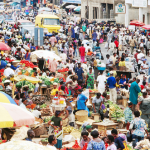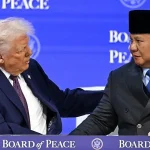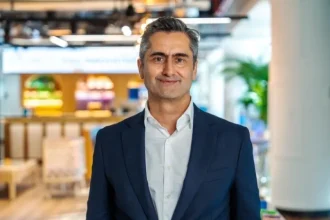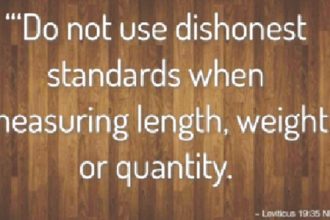Similar to other countries in the region, Ghana is experiencing growing drug availability, trafficking and consumption.
This phenomenon, more visible and problematic for a decade now, is related to the development of a new cocaine trafficking route through West Africa, from Latin America and towards Europe or North America.
The strategic choice of traffickers to use our region for transit is based on many issues that provide opportunities for drug traffickers: the weakness of institutions; the lack of transparency of financial institutions and corruption.
One wonders why Ghana is unsuccessful in controlling drugs, when it applies the harshest penalties for drug-related offences in West Africa.
Are five years of incarceration for simple consumption or possession for personal use not deterrent enough to any citizen wishing to consume drugs?
The fact is, repression does not work. I was once also a proponent of harsh penalties for drug offences, with the hope that we could eradicate drugs from the society and thereby preserve our citizens from harm.
The reality is that the demand for drugs is there and is not going anywhere in spite of 50 years of inhumane and prohibition.
We need to learn how to deal with the presence of drugs and their potential harm, not to continue the chimeric quest of their elimination that only causes further suffering, increasing the public health burden and with huge economic consequences for society at large.
Prohibition
Prohibition enables and enriches criminal organisations and does little to disturb the drug kingpins and their networks, while aggravating insecurity, instability and violence.
It is used as a social control tool and affects discriminately, the poor and most vulnerable among us and only increases their suffering and marginalisation.
As my friend, the former UN Secretary-General, the late Kofi Annan, repeated on many occasions: “Drugs have destroyed many lives, but wrong government policies have destroyed many more.”
This is why I now strongly stand for decriminalising the use and possession of drugs, of no longer applying penalties for non-violent acts that potentially harm only the user.
This pragmatic approach to drug control policy is outlined in the Model Drug Law for West Africa published in 2018 by the West Africa Commission on Drugs, which I have the honour of chairing; and supports the adoption of a bill proposed by the Ghanaian government in 2017 to decriminalise personal use, embracing a less punitive and more people-centred approach.
Opponents
I believe that the opponents of decriminalisation are blinded by a number of misperceptions about drugs and drug use.
First, we must emphasise that drug use is not a moral failure or “unholy”. There are many substances – alcohol, tobacco, cannabis, iboga, khat – that have been or are still used traditionally and accepted and managed in different cultures.
There are also many reasons why an individual may try drugs that are unrelated to issues of morality: youthful experimentation (out of curiosity), social context, to fit into a group, under a sense of pressure or even coercion, or as self-medication when suffering from solitude, depression, social anxiety or trauma. defines as a “chronic relapsing disorder”.
This is a significant minority of all people who consume drugs, however, they suffer from a disease characterised by the compulsion to continue using the substance despite the risks and require help, support and sometimes, medical treatment.
Not only that, but doctors themselves are afraid to prescribe essential pain-relief medication to patients suffering, for instance, from cancer or AIDS, since they may themselves be incriminated.
While there is a severe lack of medication for those who legitimately need it to address physical pain, the trafficking and non-medical use of pharmaceutical opioids, disguised under the label of Tramadol (an essential medicine used in our paediatric hospitals and to treat cancer patients), has reached alarming proportions in West Africa.
Not only are these products being sold and taken in life-threatening doses as a self-medicating relief from poverty and despair – the falsified Tramadol can reach a dosage of 250 mg per pill, compared to prescribed Tramadol with 50 mg.
These combined challenges facing the Ghanaian society today require urgent reforms to drug policy.
The country must move away from repression. It is time to ask ourselves what moral order is being preserved by pursuing, through harsh penalties, the illusion of a “drug-free world”?
How can we justify maintaining a policy of prohibition that causes harm and costs lives – when our ultimate goal should be to save lives?
The writer is the former President of Nigeria,
Chair of the West Africa Commission on Drugs and a member of the Global Commission on Drug Policy
















